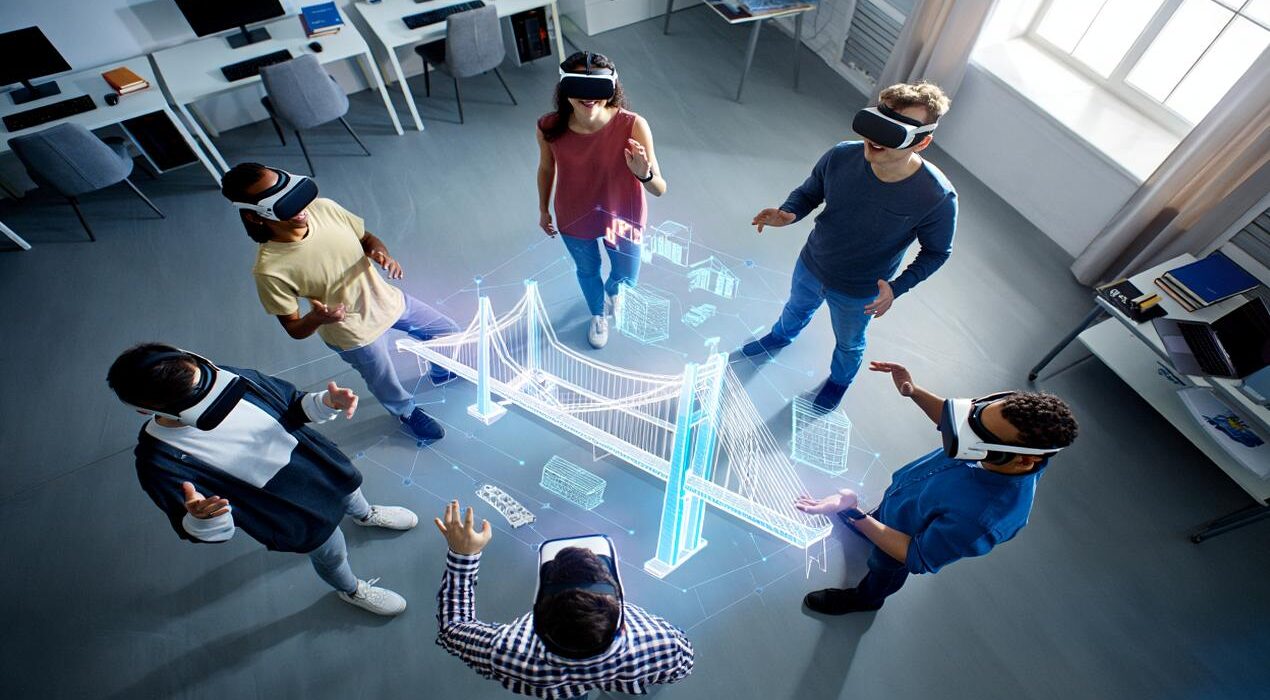Virtual Labs Are Becoming Essential in Civil Engineering Studies
Virtual labs are rapidly emerging as a vital component of modern civil engineering education, transforming how students gain hands-on experience in a digital environment.
Universities worldwide are integrating simulation-based learning to help students conduct real-time experiments, analyze structural behavior, and design solutions all without the need for costly physical setups.
Bridging the Gap Between Theory and Practice
Traditionally, civil engineering students relied on on-campus laboratories to test materials, study fluid mechanics, or analyze soil and structure behavior. However, virtual labs now allow learners to perform these experiments online using realistic simulations and interactive tools.
Experts say this approach helps bridge the gap between theoretical knowledge and practical understanding, offering flexibility, accessibility, and safety for students in remote areas or resource-limited institutions.
Enhancing Learning Through Innovation
Virtual labs provide immersive, 3D simulations of engineering scenarios such as bridge design, load testing, and construction management. Through these digital environments, students can visualize results instantly, repeat experiments, and understand errors without wasting materials.
Educators note that these labs also encourage innovation by allowing students to test creative ideas before applying them in real-world projects.
Supporting Sustainable and Cost-Effective Education
Institutions adopting virtual lab technologies have reported reduced costs in maintaining equipment and laboratory space. Additionally, digital labs promote sustainable learning practices by minimizing material waste and energy use.
This technological shift aligns with the global push toward smart education systems, where digital tools enhance both learning outcomes and environmental responsibility.
The Future of Engineering Education
As artificial intelligence and virtual reality become more advanced, experts predict that future civil engineers will train in fully integrated digital environments, combining virtual labs, remote collaboration, and real-time data analysis.
By adopting virtual lab systems today, universities are ensuring that students develop critical technical and problem-solving skills essential for the evolving construction and infrastructure sectors.






